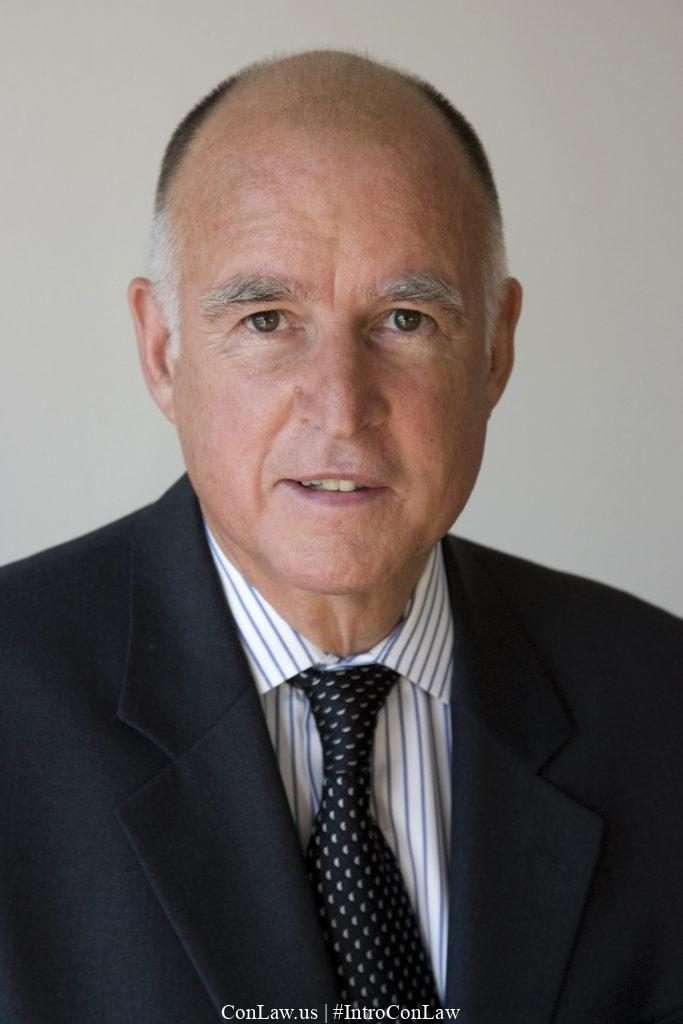The Volokh Conspiracy
Mostly law professors | Sometimes contrarian | Often libertarian | Always independent
Today in Supreme Court History: November 2, 2010
11/2/2010: Brown v. Entertainment Merchants Association argued.

Editor's Note: We invite comments and request that they be civil and on-topic. We do not moderate or assume any responsibility for comments, which are owned by the readers who post them. Comments do not represent the views of Reason.com or Reason Foundation. We reserve the right to delete any comment for any reason at any time. Comments may only be edited within 5 minutes of posting. Report abuses.
Please to post comments


On this day, November 2, 1865, Warren G. Harding was born. On his November 2, 1920, his 55th birthday, Harding was elected the 29th President of the United States. Despite dying less than two and a half years into his term, Harding would appoint four justices to the Supreme Court: William Howard Taft, George Sutherland, Pierce Butler, and Edward Terry Sanford.
Harding would also appoint Adolph A. Hoehling, Jr., an Associate Justice on the Supreme Court of the District of Columbia. (That court, created in 1863, would be renamed the District Court for the District of Columbia in 1936, and its members retitled "judges" instead of "justices" in 1948.) Harding died of a heart attack in San Francisco on the evening of August 2, 1923. Vice President Calvin Coolidge, who was visiting his family in Vermont at the time, would be sworn in as President in the early morning of August 3 by his father, John Calvin Coolidge, a Vermont notary public and justice of the peace.
There being some potential question of the efficacy of the President being sworn into office by a state official, at the behest of Attorney General Harry Daugherty, Coolidge secretly took the oath again on August 21, this time administered by Justice Hoehling. The occurrence of this second oath remained a secret until Daugherty revealed it in 1932 in a story subsequently confirmed by Hoehling. It is unclear why Daugherty wished to keep it secret, though presumably he did not wish to draw attention and cast doubt upon any presidential acts Coolidge had taken prior to taking the second oath.
Dubai Airport Terminal 3 https://airportterminal3.com/shops/ is one of the largest and most modern airport terminals in the world, primarily serving Emirates and Qantas flights. It offers travelers a seamless experience with spacious lounges, fine dining options, and an extensive range of shopping outlets. From luxury brands to electronics and souvenirs, Terminal 3 caters to every traveler’s needs, combining comfort, convenience, and entertainment in one hub.